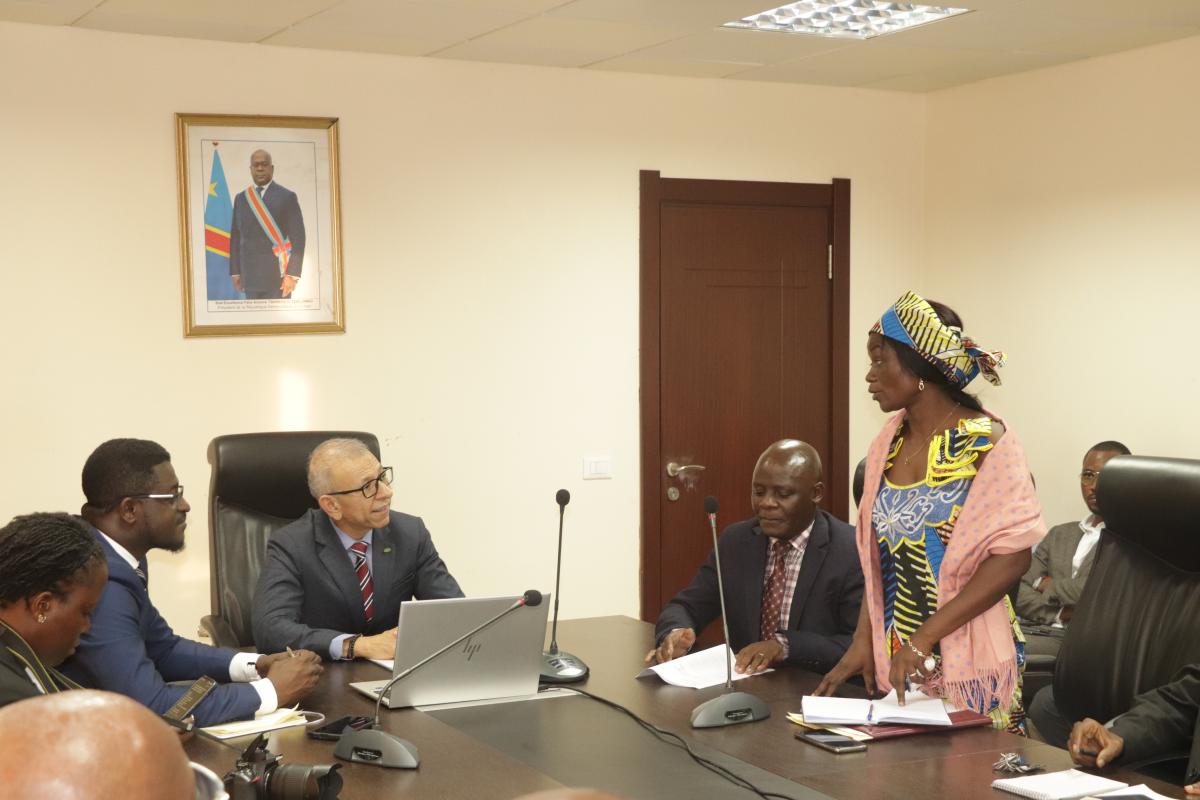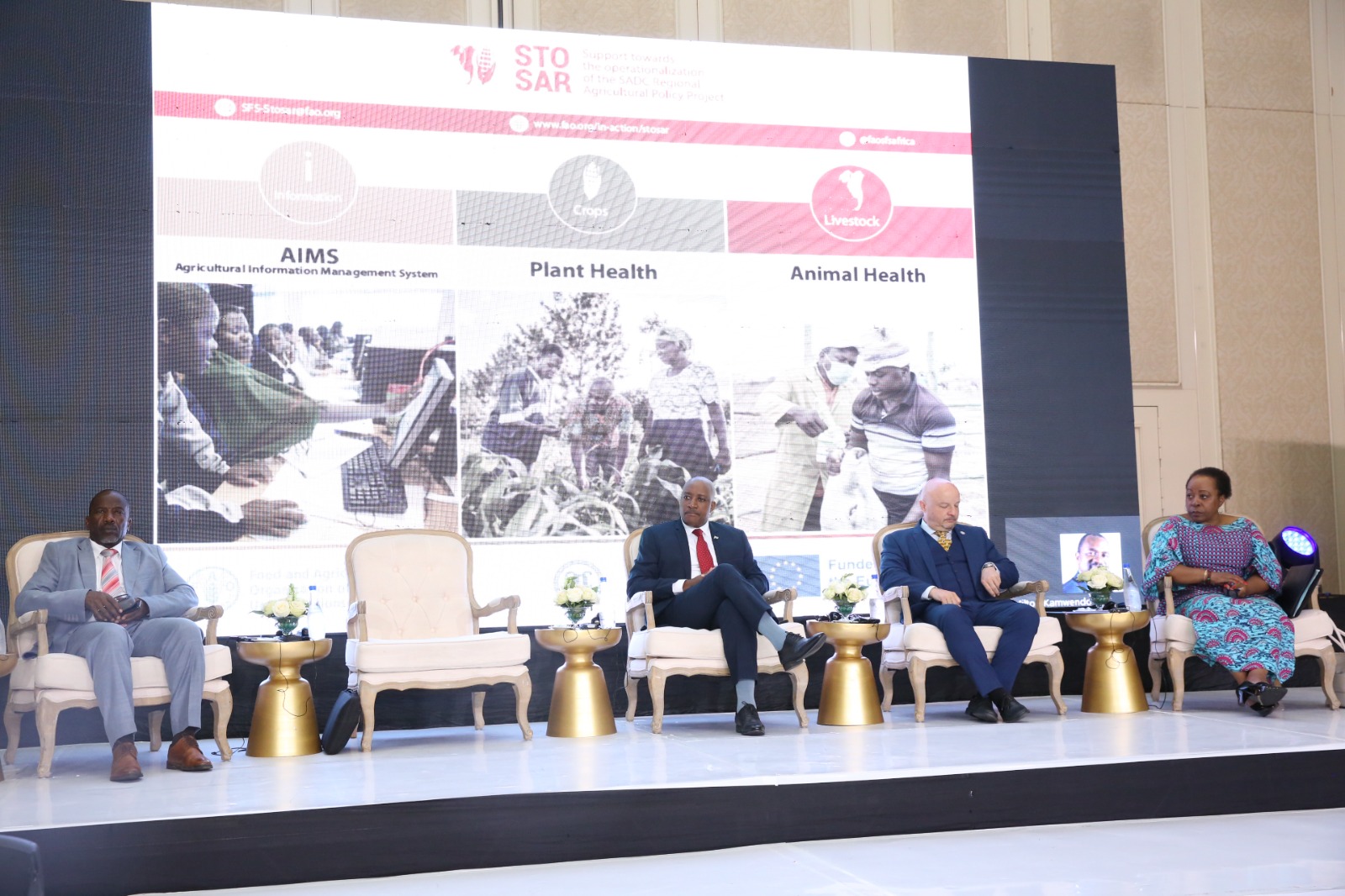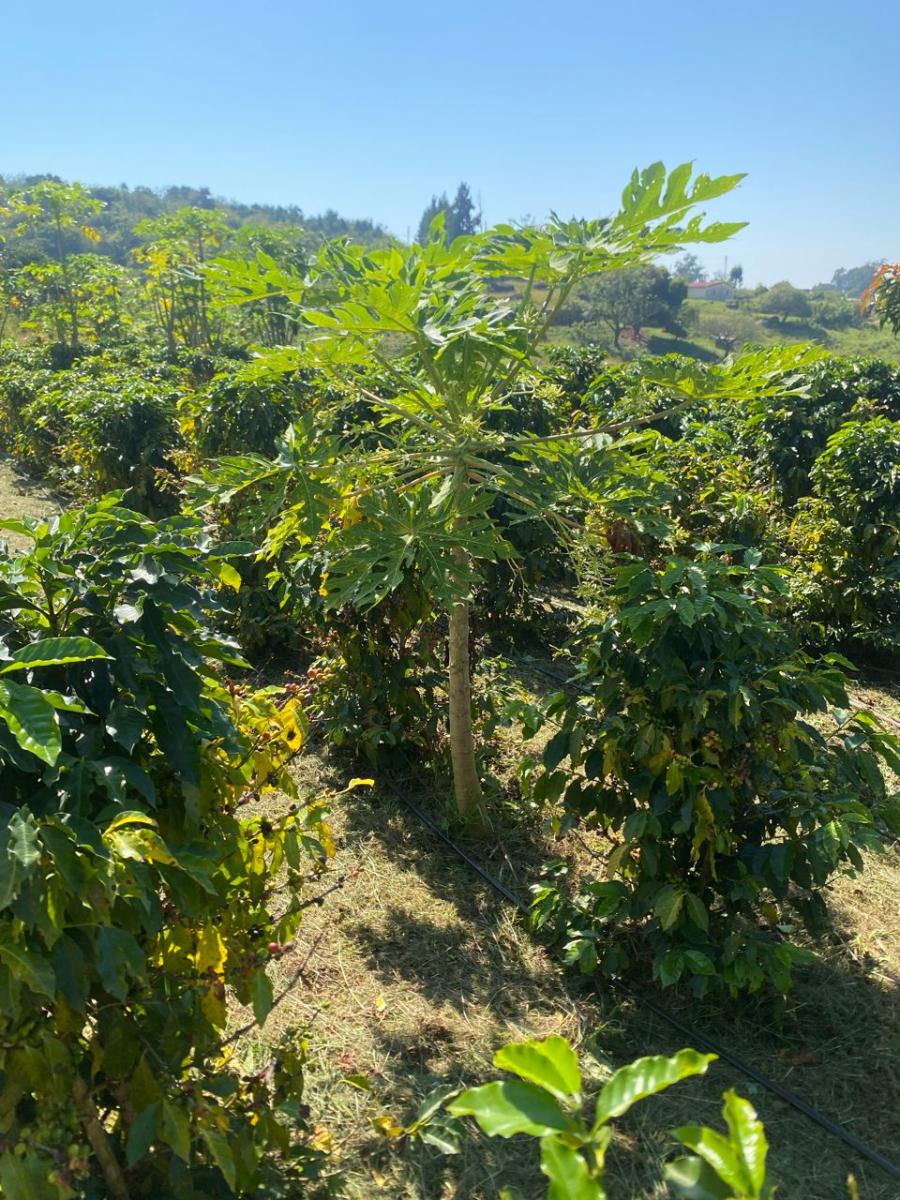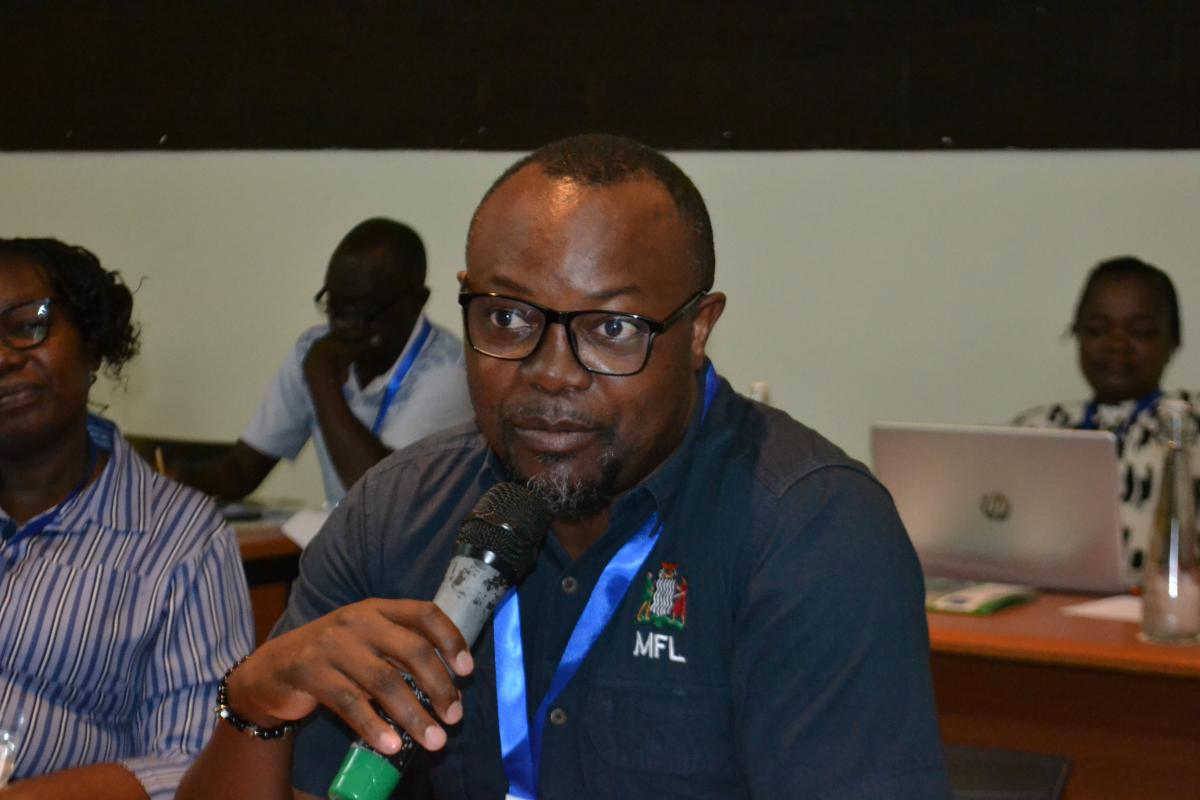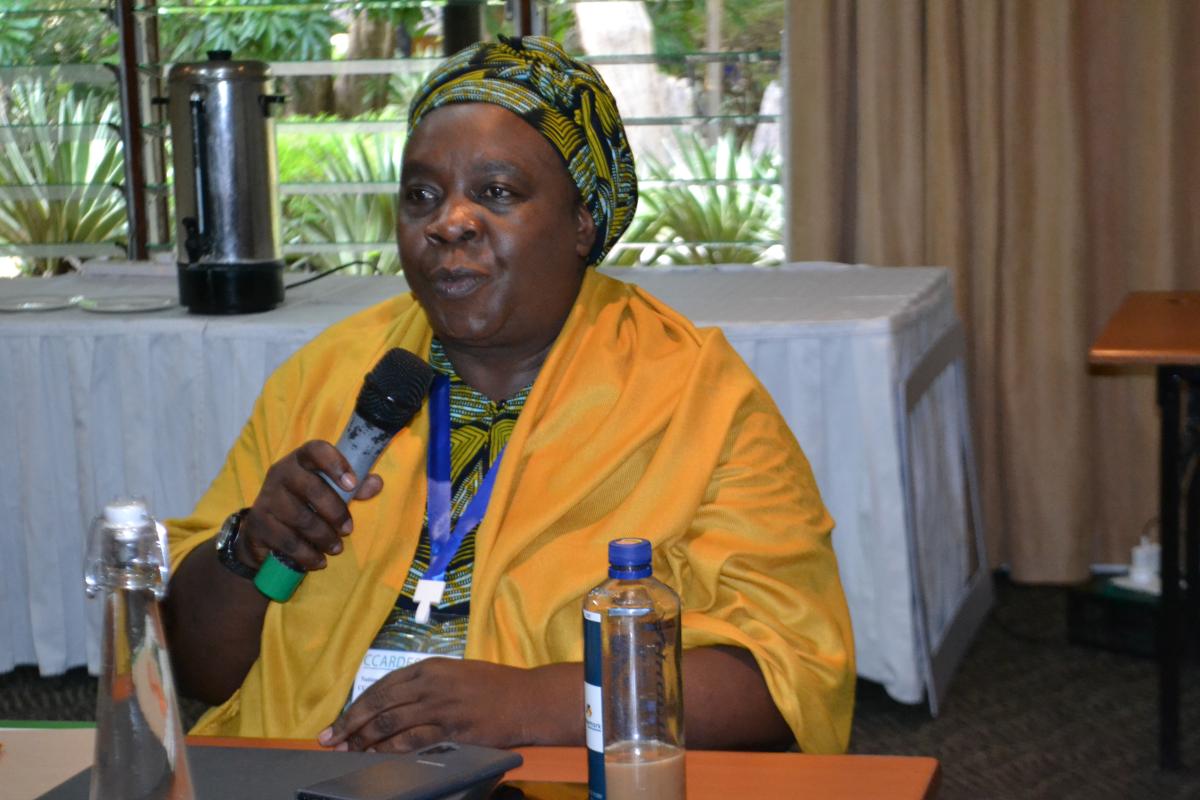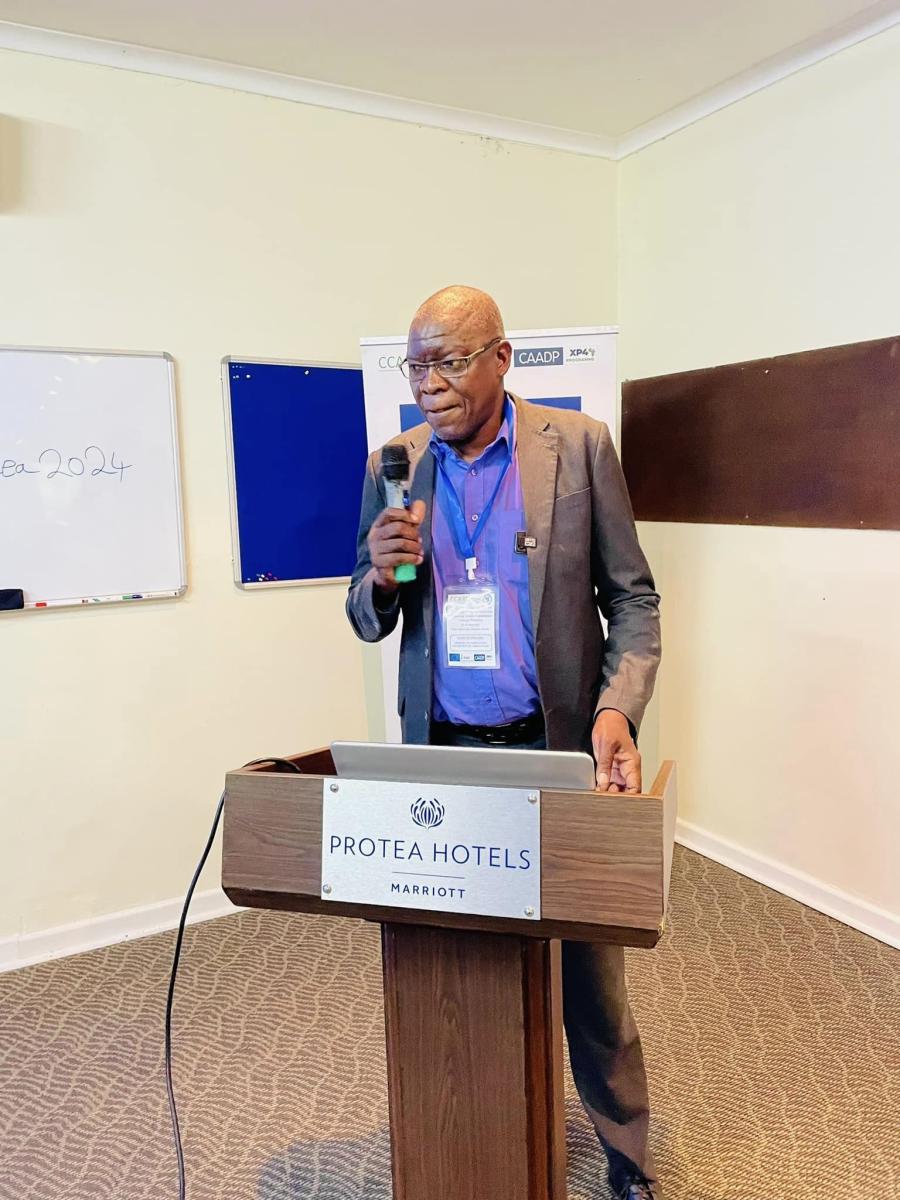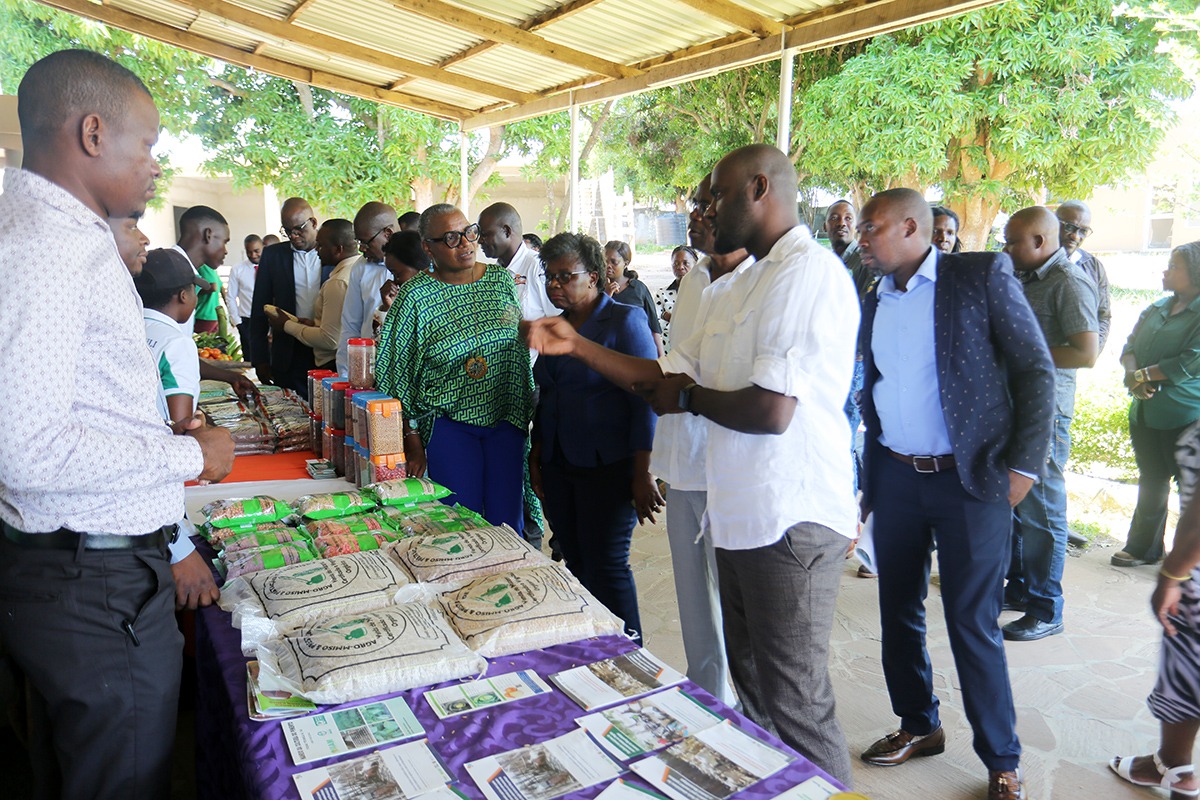African leafy vegetables in South Africa
In this article the term ‘African leafy vegetables’ was adopted to refer to the collective of plant species which are used as leafy vegetables and which are referred to as morogo or imifino by African people in South Africa. Function is central in this indigenous concept, which is subject to spatial and temporal variability in terms of plant species that are included as a result of diversity in ecology, culinary repertoire and change over time. As a result, the concept embraces indigenous, indigenised and recently introduced leafy vegetable species but this article is concerned mainly with the indigenous and indigenised species. In South Africa, the collection of these two types of leafy vegetables from the wild, or from cultivated fields where some of them grow as weeds, has a long history that has been intimately linked to women and their traditional livelihood tasks. Among poor people in remote rural areas the use of these types of leafy vegetables is still common but nationwide there is evidence of decline, particularly in urban areas. Cultivation of indigenous or indigenised leafy vegetables is restricted to a narrow group of primarily indigenised species in South Africa. Seven groups of indigenous or indigenised African leafy vegetables that are important in South Africa were given special attention and their local nomenclature, ecology, use and cultivation are discussed.
Agricultural Research Council - Vegetable and Ornamental Plant Institute, Pretoria, SA
Centre for Organic & Smallholder Agriculture, Department of Crop Sciences, Tshwane University of Technology, Pretoria, SA
Medical Research Council, Nutrition Intervention Research Unit, Parow, SA
Agricultural Research Council - ANAPI, Meat Industry Centre, Irene, SA
Univeristy of Pretoria - Division of Human Nutrition. Faculty of Health Sciences, Pretoria, SA
University of Pretoria - Centre for Nutrition, Faculty of Natural and Agricultural Sciences, Pretoria, SA
Leaf
Vegetables
Morogo
Imifino
History
Ecology
Gender
Collection
Cultivation
Use
Processing
Storage
JANSEN VAN RENSBURG W.S., VAN AVERBEKE W., SLABBERT R., FABER M., VAN JAARSVELD P., VAN HEERDEN S.M., WENHOLD F. & OELOFSE A., 2007. African leafy vegetables in South Africa. Water SA 33: 317-326



